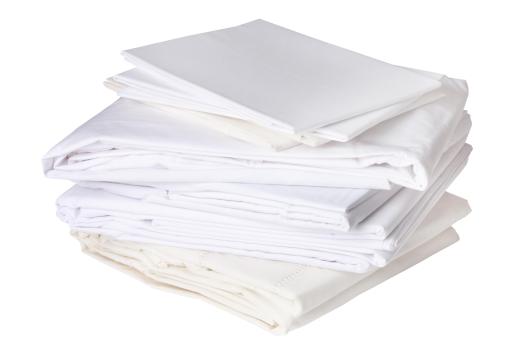Morsbags are a green alternative to using paper or plastic grocery bags from the store. With concern about the environmental impact of the number of plastic bags used each day all over the world, a website in the UK, morsbags.com, began what they refer to as a sociable guerrilla movement. They suggest that making bags from old cloth for personal use or distribution is a great way of reducing debt to the environment, and that a couple of morsbags eliminate use of about 150-200 plastic bags a year.
On the morsbags website, you can find detailed instructions on how to make one. The site suggests using any old strong material on hand for the purpose. Curtains, bedsheets, and a variety of other cloth sources are all fair game when you’re eyeing them for morsbag use. You should chose a cloth that is fairly durable and strong, so it can hold heavy grocery items, and that is washable, since you don’t want to use your morsbags to pack meat one day and then fruit or veggies the next.

Grocery stores throughout many countries now offer a small rebate to customers who bring their own bags. Some have even gotten in on the morsbags trend by selling their own washable tote bags, usually for just a couple of US Dollars (USD). In many cities, the concern about using plastic bags is so strong that they’ve been banned from use.
People may be equally concerned about using up paper bags, because even though they’re recyclable, they can translate to cutting down more trees to make them. It makes good sense given the current climate to either make or purchase morsbags, since your city or state may decide very soon that plastic bags should be banned. Further, cloth bags have the considerable advantage over paper of not breaking or ripping when you pack them with heavy items, provided you use strong cloth.
The rebates to customers by grocery stores are not huge, but they can add up over time. If you use 100 plastic bags a year, using your own bags might offer you about $5 USD back. Some people use a lot more shopping bags than this, and could make enough to go to a movie or a ballgame. The savings may not be tremendous, but this does not count the possible savings to the environment. The manufacture of plastic is indicated in certain greenhouse gas emissions, which people are now more than ever, interested in reducing to slow global warming. Further, even when plastic is recyclable, it still is not biodegradable, and people may not always recycle their bags.
Unrecycled trash bags do pose a threat to the greater environment and especially the animal kingdom. Birds can get trapped in them or get plastic wrapped around their necks. Again, given the concern over species of animals disappearing on our planet, morsbags might just be a way to make a small contribution to the animals, since it will mean less discarded plastic bags.
